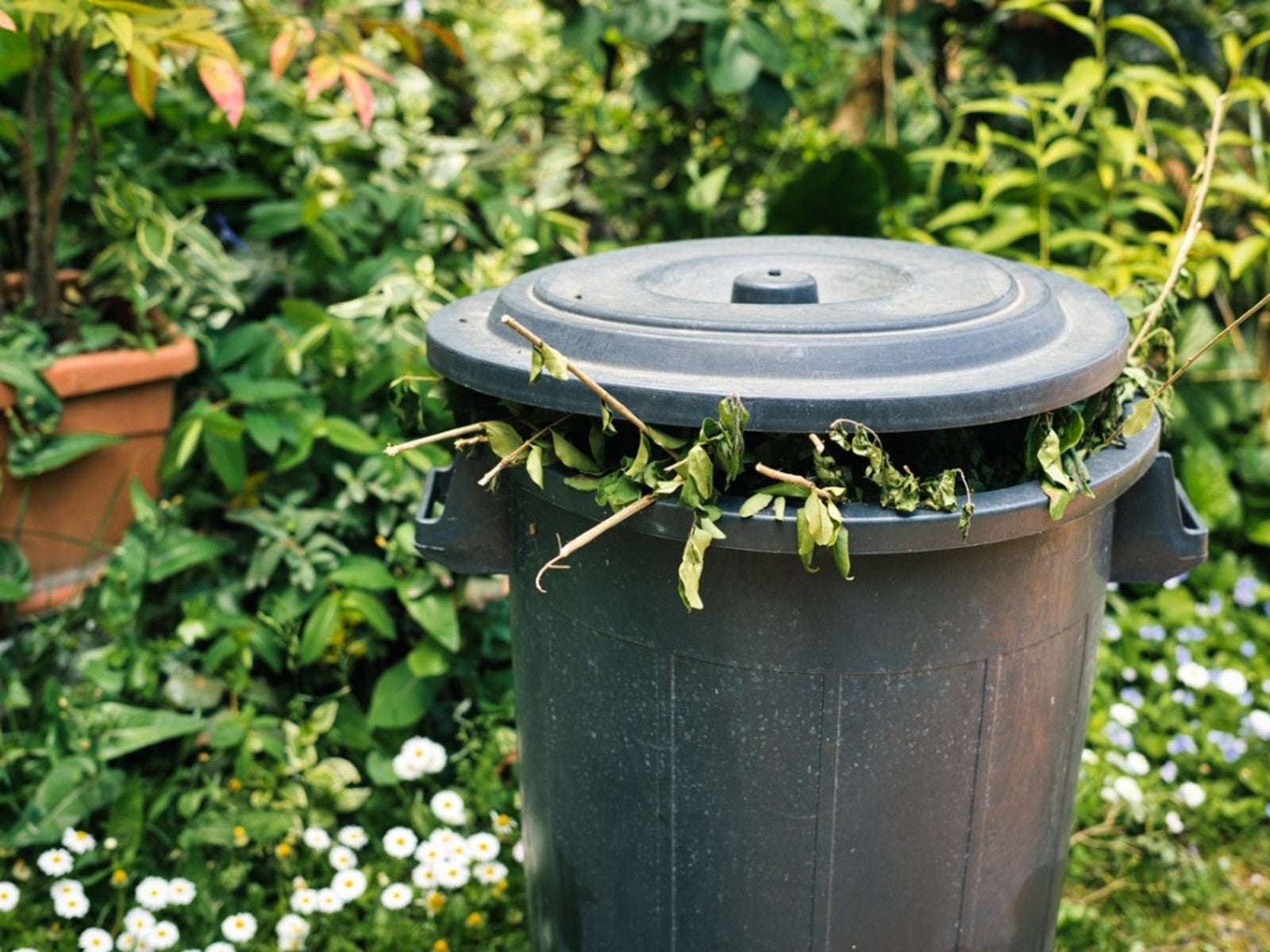Sustainable Yard Waste Removal Methods


Sign up for the Gardening Know How newsletter today and receive a free copy of our e-book "How to Grow Delicious Tomatoes".
You are now subscribed
Your newsletter sign-up was successful
Yard waste is an inevitable byproduct of maintaining a yard, lawn, or garden. Whether you garden seriously or not, if you have outdoor space, it will generate waste. Disposing of yard waste is not as simple as you might think. Just because it is organic does not mean you can put it anywhere. Here’s what you need to know.
What is Yard Waste?
Yard waste is any organic material you generate in your yard or garden that needs to be disposed of or put somewhere else. It includes leaves, sticks, grass clippings, anything trimmed off shrubs or trees, and plants you’ve removed or cut back.
Why Can’t You Put Yard Waste in the Trash?
If you live in a municipality with waste collection, you probably know that you are not allowed to put yard waste in with your other garbage. Garbage goes to a landfill and there are many good reasons yard waste should not join it there:
- Organic, biodegradable, “clean” yard waste takes up valuable space in landfills that is needed to sequester other types of waste.
- Yard waste produces a lot of methane as it decomposes. In a landfill, this flammable gas can leach into the ground and pool under buildings where it poses a serious safety risk.
- Organic waste also produces acidic compounds that once in the soil, contribute to toxic substances leaching out of the landfill and contaminating other areas of soil and even groundwater.
What to Do with Yard Waste Instead
One of the easiest ways to deal sustainably with yard waste is to bag it for pickup by your city’s waste services company. From there it goes to facilities to be composted. Many cities now also turn yard waste into mulch that residents can pick up to use for free.
If you don’t have yard debris removal services where you live, you can pay for a service to pick up your waste for composting and recycling. Pickup isn’t totally sustainable, of course. It requires a lot of driving and fossil fuel consumption. Here are some other, more sustainable, options for yard waste disposal:
- Leave grass clippings on the lawn. Minor changes to how you care for your yard eliminate some disposal issues. For instance, if you only trim off about a third of the length of the grass each time you mow, you can simply leave clippings on the lawn. They break down quickly, enrich the soil, and contrary to popular belief, do not contribute significantly to thatch accumulation.
- Mulch fall leaves. You can do the same with many of the leaves that come down in the fall. Mow and mulch them frequently and leave them in place.
- Make mulch for beds. Another option is to bag those leaves or grass clippings and use them as a natural mulch in your garden beds. Rent a woodchipper to turn woody tree and shrub trimmings into bulkier, longer-lasting mulch.
- Create a compost pile. Making your own compost provides you with a ready source of organic material to enrich the soil and feed plants. Compost also allows you to get rid of kitchen waste more sustainably than putting it in the trash. Home compost is limited by available space, of course, but you can get rid of some yard waste this way.
- Create a wildlife habitat. Devote a corner or area of the garden to a natural wildlife setting. All kinds of animals, from frogs and insects to birds and mammals, benefit from piles of dead leaves or branches and twigs.
- Replace turf. Reduce the amount of waste you produce by replacing some of your turf grass with planting beds, groundcover, or native plantings. Beds can absorb more waste, like mulched leaves. Less turf also means less grass clippings to manage.
Sign up for the Gardening Know How newsletter today and receive a free copy of our e-book "How to Grow Delicious Tomatoes".

Mary Ellen Ellis has been gardening for over 20 years. With degrees in Chemistry and Biology, Mary Ellen's specialties are flowers, native plants, and herbs.